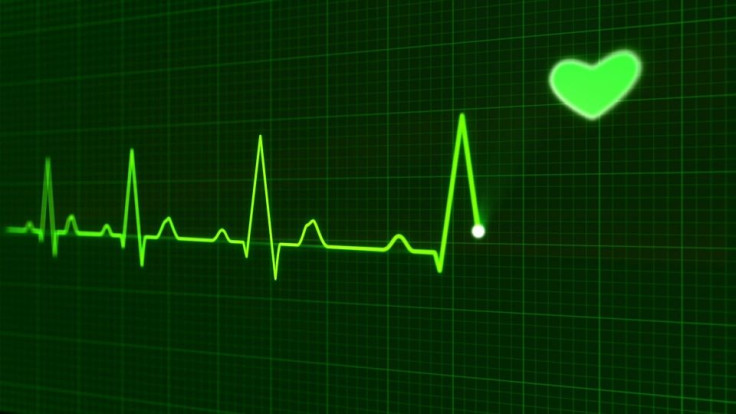5 Tests To Better Predict Heart Disease Risk: EKG, CT Scan, And Three Blood Tests, Cardiologists Suggest

Instead of the current approach for assessing whether someone is at risk for heart disease, cardiologists at UT Southwestern Medical Center conclude that five tests combined may provide a more thorough, effective method.
Current strategies rely on blood pressure, cholesterol, diabetes, and smoking history, according to a news release. Researchers suggest using five tests together, one of which is not readily available, to get a more accurate picture of who may develop heart disease, the world’s leading cause of death.
Read: Why Americans Have A Lower Life Expectancy, From Increasing Rates Of Heart Disease To Alzheimer's
“This set of tests is really powerful in identifying unexpected risk among individuals with few traditional risk factors. These are people who would not be aware that they are at risk for heart disease and might not be targeted for preventive therapies,” said Dr. James de Lemos, in a news release.
In their study, published in the journal Circulation, the researchers used data from two previous studies with nearly 9,000 subjects, then they followed healthy individuals for more than a decade. Their work was partly funded by NASA, as part of an effort to design strategies for predicting heart disease in astronauts.
Astronauts aren’t the only ones who can benefit from these tests though, the researchers note. They’re also designed for the public; however, it’s best to consult a heart specialist to make sure they’re right for you.
These are the five medical tests the researchers suggest:
Electrocardiogram (EKG)
A 12-lead EKG provides information about the thickening of the heart muscle. About 1.5 million Americans are affected by an enlarged heart muscle, known as a disease called hypertrophic cardiomyopathy. This condition can be inherited, or caused by high blood pressure or aging.
Coronary Calcium Scan
A coronary calcium scan is a limited, low-radiation CT scan of your heart that identifies and measures calcium levels in the arteries of your heart.
Three blood tests
One of the blood tests identifies a specific protein that indicates inflammation. Another test looks for a hormone that reveals stress on the heart. The third test, which is not readily available, identifies a certain protein (high-sensitivity troponin T) that indicates damage to the heart muscle.
One of the researchers notes that all of these tests have individually proven to be effective; however combining them will provide a more comprehensive look at heart disease risk.
About 1 in 4 deaths in the United States is due to heart disease, according to the Centers for Disease Control and Prevention.



























